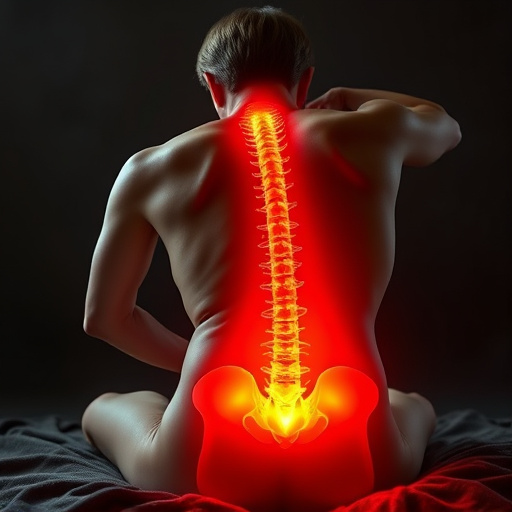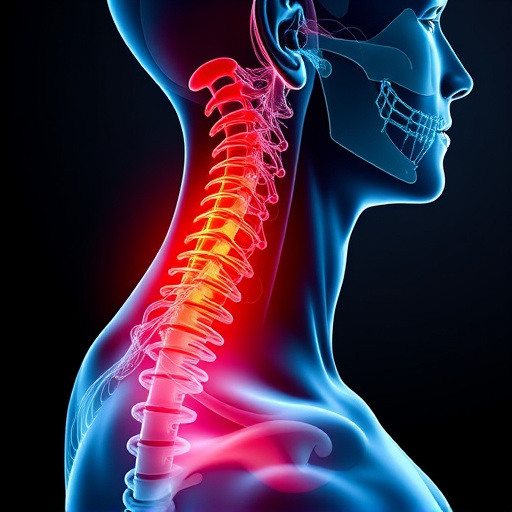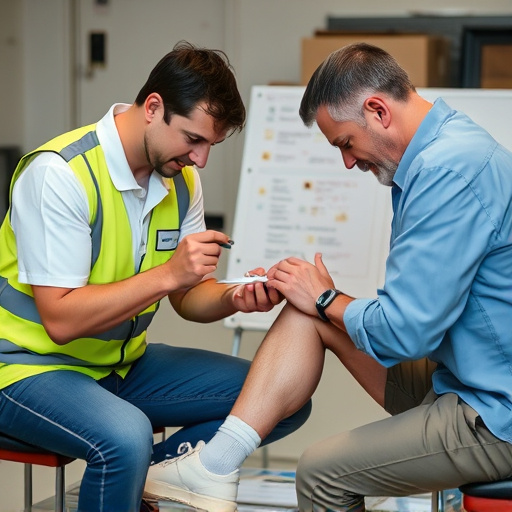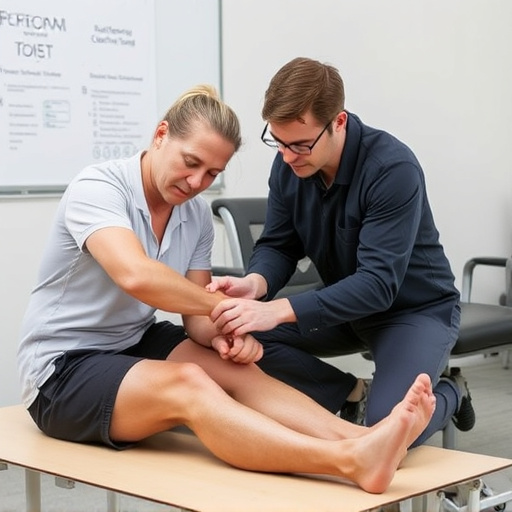Support groups are vital for chronic pain management, offering a safe space for peer support, sharing experiences, and learning coping strategies. Combining medical expertise with community fosters mental well-being, encourages active care participation, and promotes alternative treatments like chiropractic and mindfulness. These groups enhance quality of life, providing comfort, motivation, and proactive symptom management for conditions like recurring headaches.
Chronic pain can be a isolating and daunting journey, but support groups offer a powerful tool for navigating this challenging path. “Unlocking Success: The Power of Support Groups for Chronic Pain” explores how these communities foster understanding, empathy, and practical strategies for managing symptoms. By delving into “Navigating Chronic Pain: Finding Your Community of Support” and examining “Strategies Within Groups: Enhancing Chronic Pain Management,” readers gain insights into effective ways to improve their quality of life through the strength of collective experience.
- Unlocking Success: The Power of Support Groups for Chronic Pain
- Navigating Chronic Pain: Finding Your Community of Support
- Strategies Within Groups: Enhancing Chronic Pain Management
Unlocking Success: The Power of Support Groups for Chronic Pain
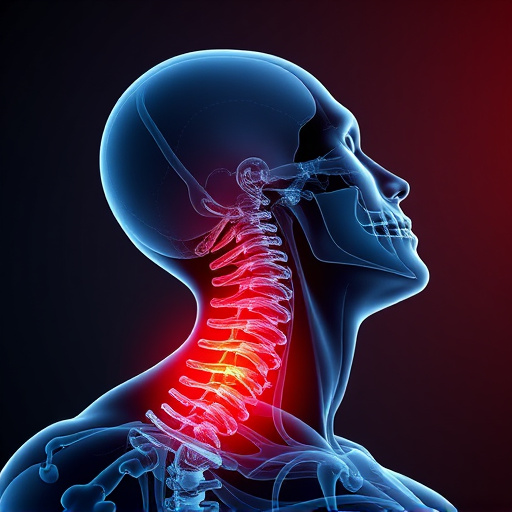
Chronic pain can be a complex and isolating condition to manage, but support groups offer a powerful tool for those navigating this challenge. These communities provide a safe space where individuals with shared experiences can connect, share strategies, and offer mutual encouragement. Unlocking success in chronic pain management often involves more than just medical interventions; it’s about fostering a sense of belonging and understanding.
Support groups facilitate open dialogue, allowing members to discuss their journeys, including the challenges they face and the coping mechanisms they’ve found effective. This exchange of knowledge can lead to valuable insights and innovative solutions for improving mobility, such as incorporating gentle exercises or alternative therapies, alongside traditional treatments like spinal adjustments. By combining medical expertise with peer support, individuals can achieve better pain control and enhance their overall well-being, ultimately embracing a more active and fulfilling life despite the constraints of chronic pain.
Navigating Chronic Pain: Finding Your Community of Support
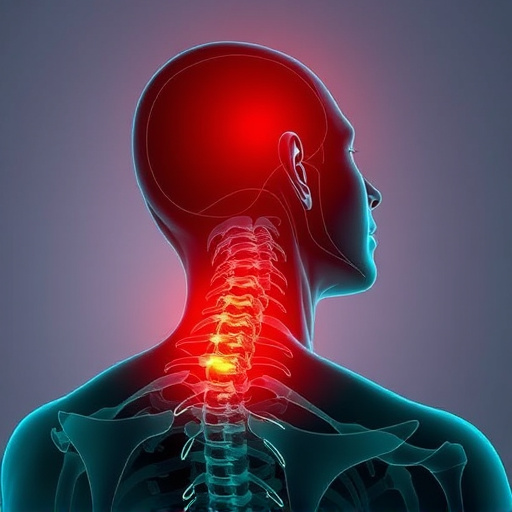
Navigating chronic pain can feel like a complex labyrinth, but finding your community of support is a crucial step towards successful management. Support groups play a vital role in this journey by offering a safe and non-judgmental space for individuals dealing with persistent pain, whether from musculoskeletal injuries or other causes. These groups foster an environment where members can share their experiences, exchange practical strategies, and gain emotional strength from knowing they’re not alone.
Chronic pain often takes a toll on one’s mental health, leading to isolation and feelings of helplessness. Support groups provide a supportive network that encourages active participation in one’s own care. They promote the adoption of healthy coping mechanisms, discuss various non-invasive treatment options like chiropractic care, and offer strategies for improving quality of life despite ongoing pain. This community-driven approach is a game-changer in chronic pain management, empowering individuals to take control and embrace a more fulfilling life.
Strategies Within Groups: Enhancing Chronic Pain Management
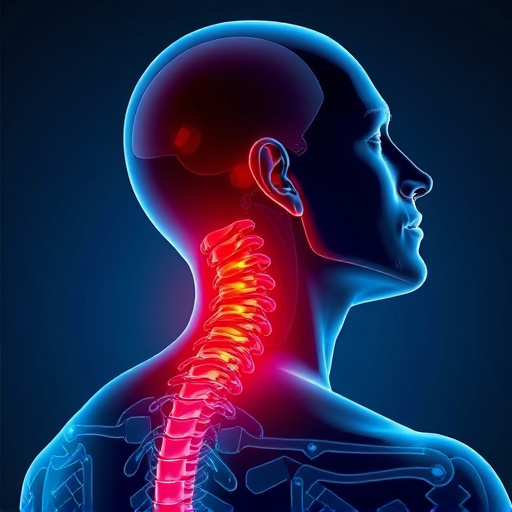
Within support groups for chronic pain management, individuals benefit from a variety of strategies aimed at enhancing their overall well-being and coping mechanisms. These groups often encourage open dialogue where members share their experiences, providing a safe space to express challenges and successes in managing chronic pain. Through peer-to-peer learning, participants gain valuable insights into different techniques for dealing with pain, including cognitive behavioral therapy, mindfulness practices, and stress management strategies. Many groups also incorporate educational sessions led by healthcare professionals who offer practical advice on medication options, physical therapy, and alternative treatments such as shockwave therapy for conditions like chronic knee pain stemming from auto accident recovery.
Additionally, support groups foster a sense of community, which is crucial for mental health and adherence to chronic pain management plans. Members find comfort in knowing they are not alone in their struggle. This camaraderie encourages participants to stick with their treatment regimens and provides motivation for adopting healthier habits. For those dealing with recurring headaches or other chronic pain issues, these groups offer a supportive network that can facilitate access to headache relief resources and promote a proactive approach to managing symptoms.
Support groups are invaluable resources for those navigating the challenges of chronic pain, offering a sense of community and strategies tailored to effective management. By engaging in these groups, individuals can unlock valuable insights, build resilience, and enhance their overall well-being. Embracing social support is a crucial step towards achieving success in managing chronic pain, fostering a healthier and more balanced life.








